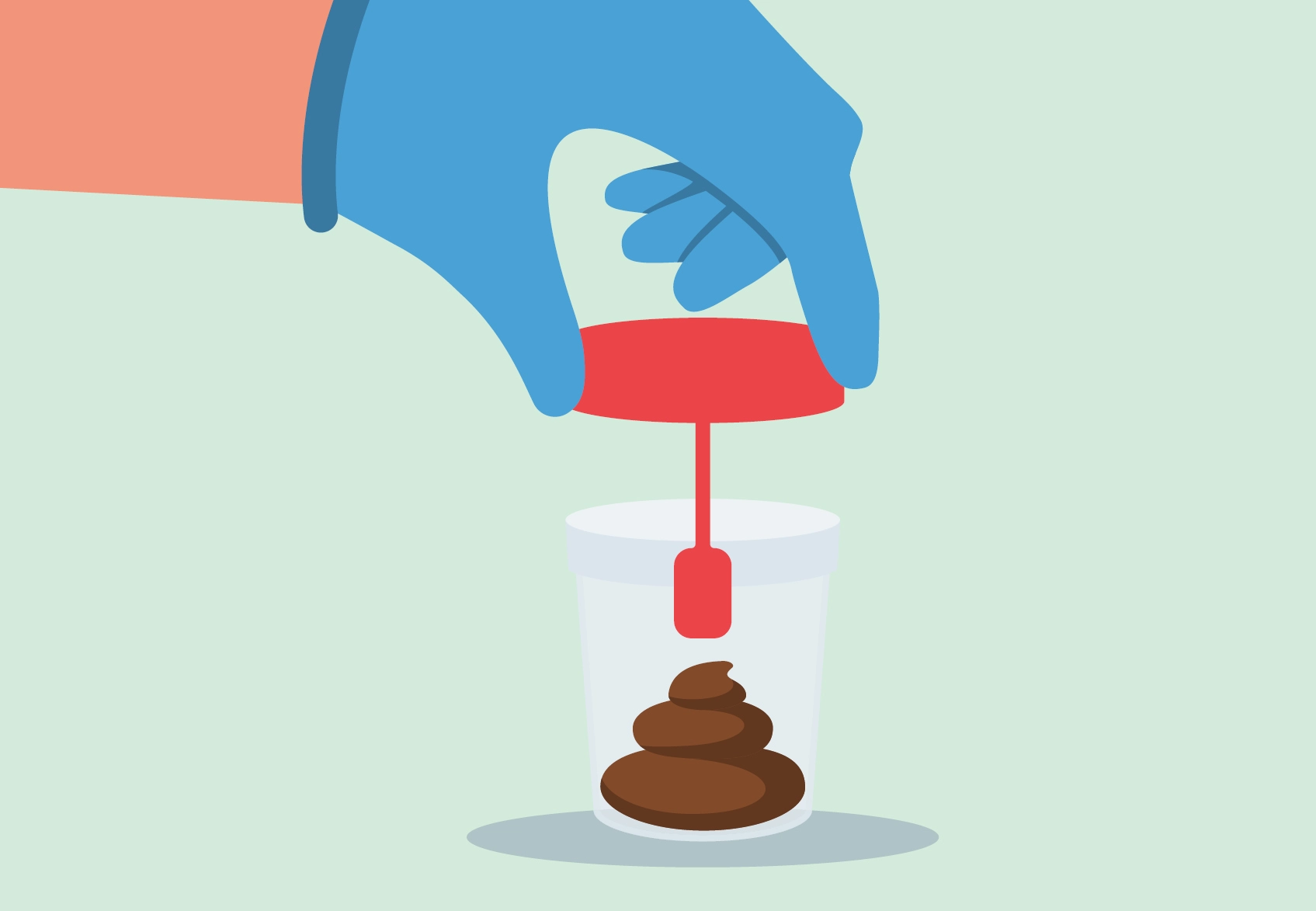

A Stool Test, Also Known as a Fecal Test, Is a Laboratory Examination of a Sample of Your Stool. While It Might Not Be the Most Glamorous Topic, It's a Crucial Tool for Diagnosing a Wide Range of Digestive and Overall Health Conditions.
Stool Tests Are Ordered for Various Reasons, Including:Digestive Issues: Diarrhea, Constipation, Abdominal Pain, or Blood in the Stool Can Warrant a Stool Test.Infections: Bacterial, Viral, or Parasitic Infections Can Be Detected Through Stool Analysis. Malabsorption: Problems with Absorbing Nutrients from Food Can Be Indicated by Certain Substances in the Stool.Colon Cancer Screening: While Not a Primary Screening Tool, Stool Tests Can Help Detect Blood in the Stool, Which Could Be a Sign of Colon Cancer.General Health Assessment: Stool Tests Can Provide Insights into Overall Gut Health and Function.
Collecting a Stool Sample Is Generally a Straightforward Process. Your Healthcare Provider Will Provide You with Specific Instructions, but Typically, You'll Collect a Sample in a Sterile Container and Deliver It to the Laboratory.
There Are Several Types of Stool Tests, Each Designed to Detect Different Things:Occult Blood Test: Checks for Hidden Blood in the Stool, Which Could Indicate Conditions Like Ulcers, Polyps, or Colon Cancer.Complete Blood Count (Cbc) in Stool: Evaluates the Presence of White Blood Cells, Red Blood Cells, and Other Components That Can Indicate Infection or Inflammation.Stool Culture: Identifies Bacteria or Parasites Causing Infections. Stool Antigen Test: Detects Specific Antigens (Markers) of Certain Bacteria or Parasites.Stool Fat Test: Measures the Amount of Fat in the Stool, Which Can Help Diagnose Malabsorption Issues. Stool Electrolyte Test: Evaluates the Levels of Electrolytes in the Stool, Which Can Be Helpful in Certain Digestive Disorders.
The Interpretation of Stool Test Results Requires Expertise. Your Healthcare Provider Will Explain the Findings and What They Signify. Abnormal Results May Necessitate Further Testing or Treatment.
To Ensure Accurate Results, It's Essential to Follow Your Healthcare Provider's Instructions Carefully. This May Include Dietary Restrictions or Avoiding Certain Medications Temporarily.
While Stool Tests Are Valuable Diagnostic Tools, They Are Not Always Definitive. False-Positive and False-Negative Results Can Occur. Additionally, Stool Tests May Not Detect All Types of Digestive Problems.in Conclusion, a Stool Test Is a Non-Invasive Procedure That Can Provide Valuable Information About Your Digestive Health. If You're Experiencing Digestive Symptoms, Don't Hesitate to Consult Your Healthcare Provider to Determine If a Stool Test Is Appropriate for You.